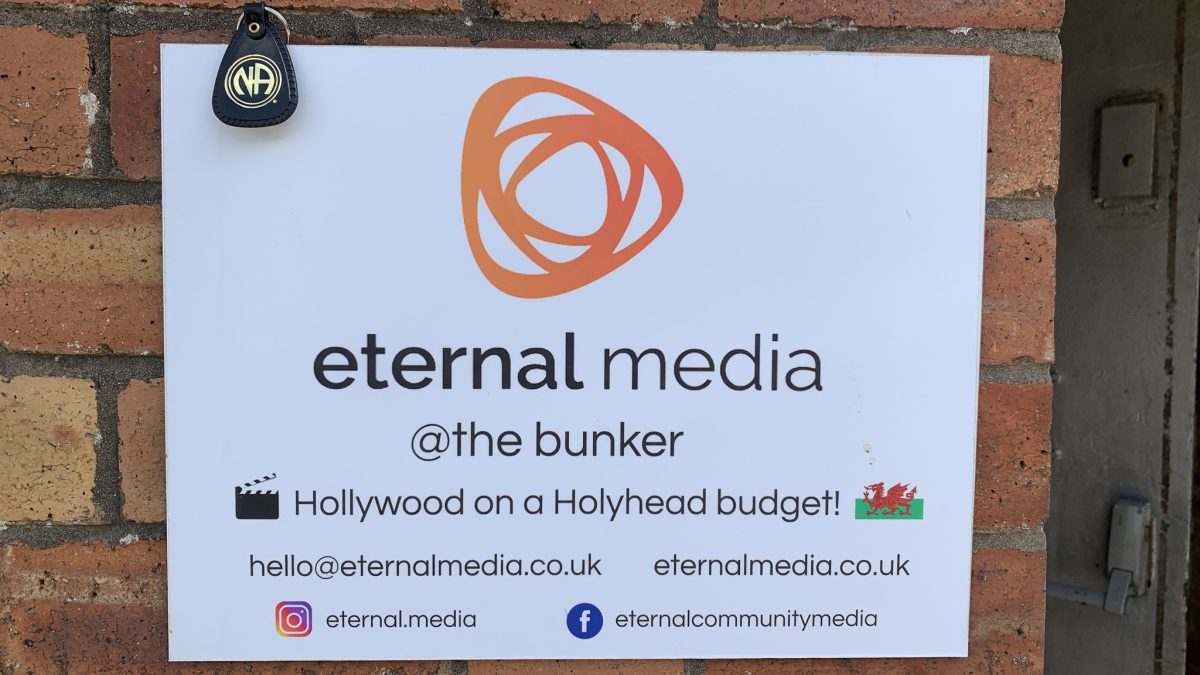Two weeks today I will be visiting Marcus Fair and his Eternal Media team in their nuclear bunker in Wrexham. I can’t wait! I am simply amazed that anyone can survive a 25-year addiction to heroin and crack cocaine (along with homelessness and periods in prison), as Marcus did. But then to go on and make outstanding films for various organisations, and create a recovery community like Eternal Media, is quite simply… AMAZING!
I have a slide with three bullet points which I use for recovery talks that illustrates where we, as a society, need to be in helping people recover from addiction:
- A system with a focus on the lived solution (recovery) and its positive benefits, rather than the problem (addiction) and its negative consequences.
- The recovery approach empowers and transforms people with substance use problems from community deficits to community assets/resources.
- This focus also generates long-term reductions in social costs, but as a side-effect, rather than a substitute for recovery.
Marcus is a great example of the last two points. In this film, he talks about a key question that passes through the minds of people starting the journey to recovery.
The ‘Now What?’ [7’23”]
Marcus says that Eternal Media was created for the ‘Now What?’ He emphasises that he was a very busy addict. ‘Every waking moment was about getting money, to get drugs, repeat…’ When someone like him gets into recovery, they are thinking, ‘How I am going to fill those 24 hours? If you can’t remember what you used to do, or you were a kid when you got onto drugs, and you have no outside interests… now what?’
Eternal Media is all about promoting independence and getting people out of services. Marcus has friends who have been parked on methadone for 18 years. He believes that services are great, but they shouldn’t be the destination, they should be part of the journey. In so many cases, it seems that people are just parked in treatment services.
Marcus and his colleagues want to see people thrive. They’ve had over 530 people pass through Eternal Media, and whilst they have been engaged there not one has relapsed or committed crime. And Eternal are doing this for nothing most of the time. Marcus emphasises that it’s not enough to be clean and sober. You must have a purpose, a reason for getting up. When you don’t have a purpose, it’s easy to go back to addiction. People are very comfortable in addiction; they have a purpose. And they are good at what they do.
Marcus points out that Eternal Media are creating new projects all the time. He, or one of the others working at Eternal, go up to London and train with his colleague Peter Norrey, one of the top ten filmmakers in the UK. They bring new knowledge back to Wrexham. Eternal teach people from industry, and even the BBC, using broadcast-quality equipment. They support people moving on into other positions. And in relation to the recovering people who are involved in projects at Eternal, Marcus stresses that addicts aren’t thick. They had needed to be smart to survive.
Wulf stresses how important it is when the work of an organisation involving recovering people is recognised by the outside world to be at the top level. Marcus says that they once had a BBC producer visit and look at their work, and ask how much they charged. When Marcus told him, he said that they needed to triple the price.


